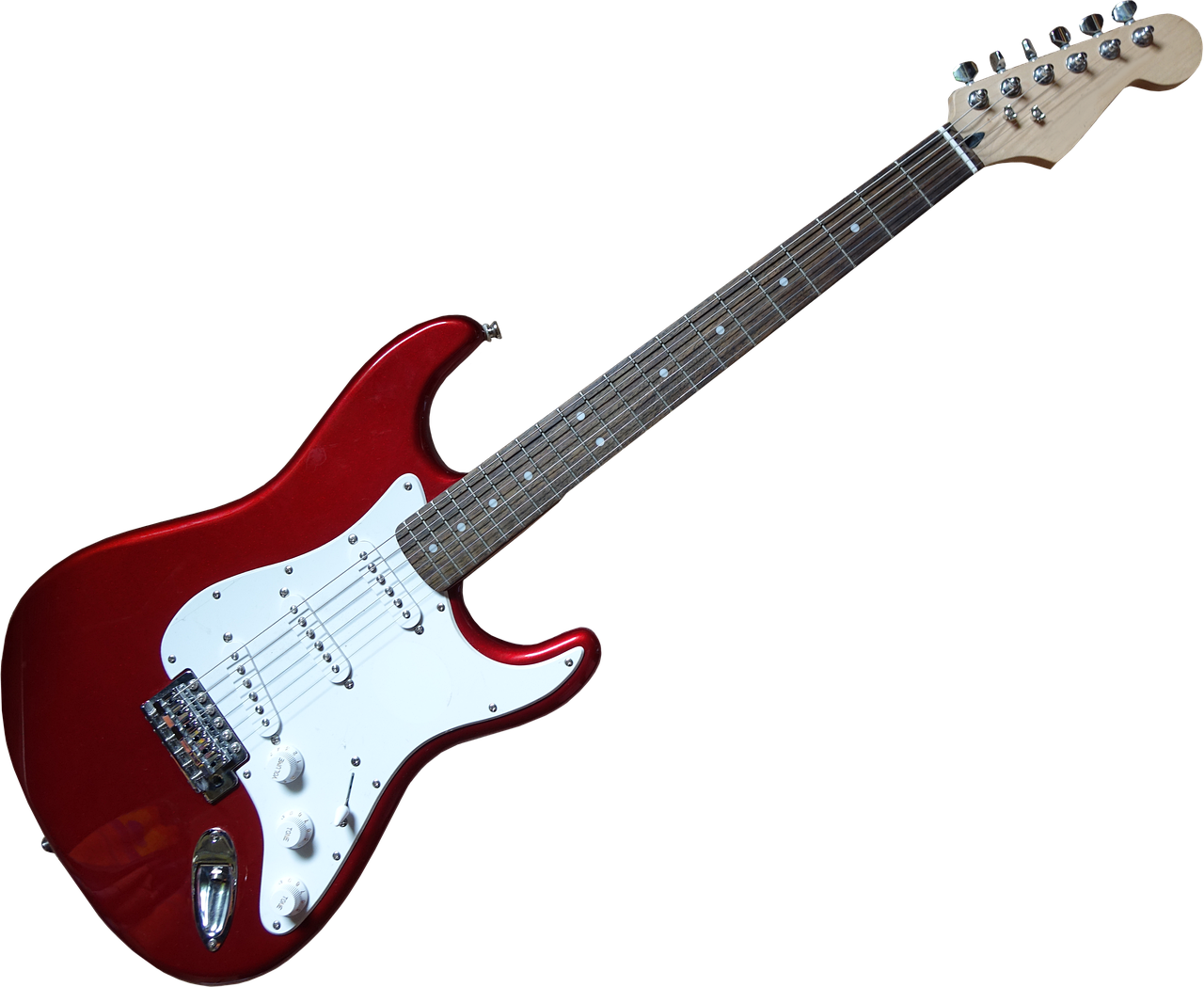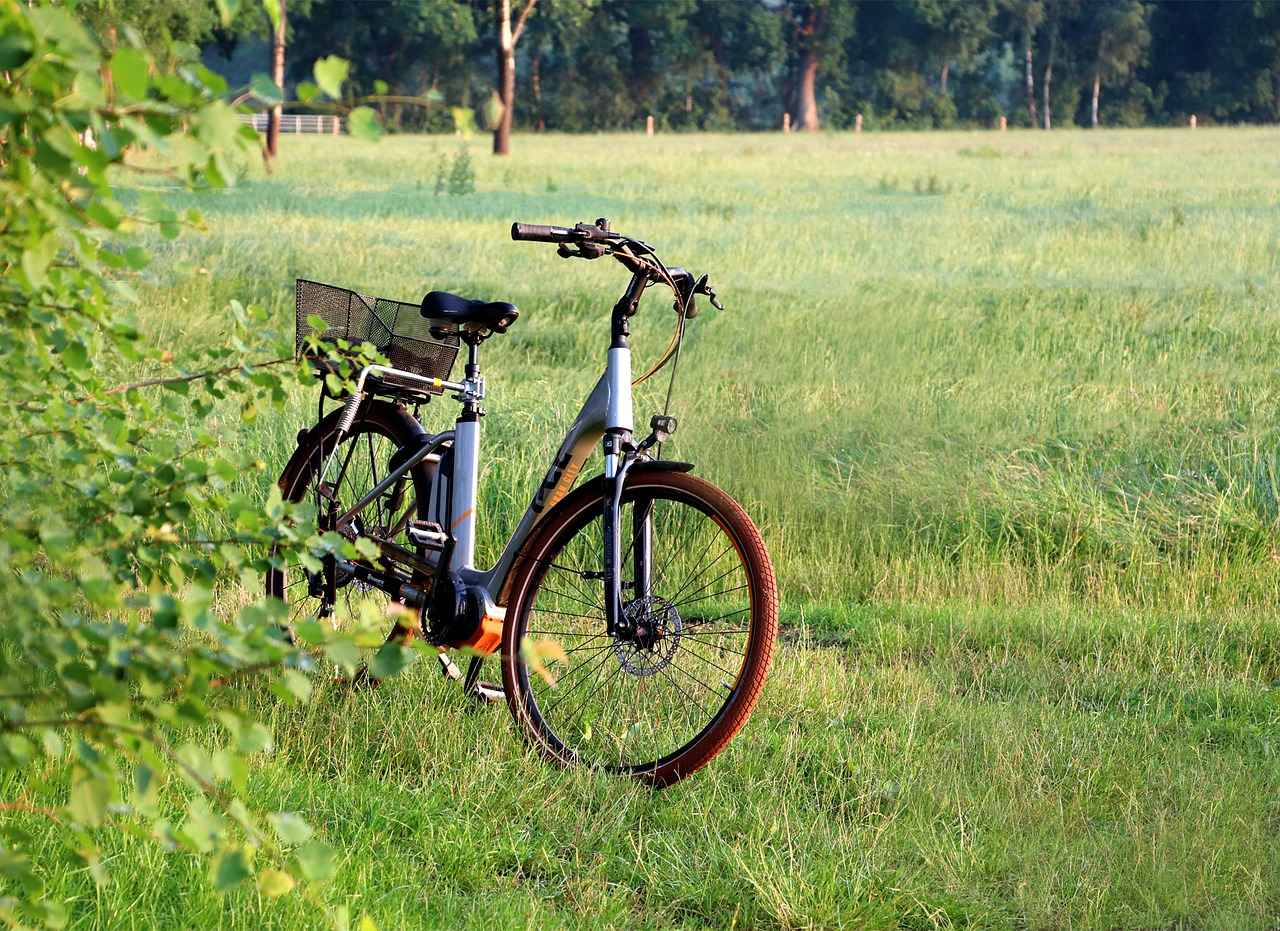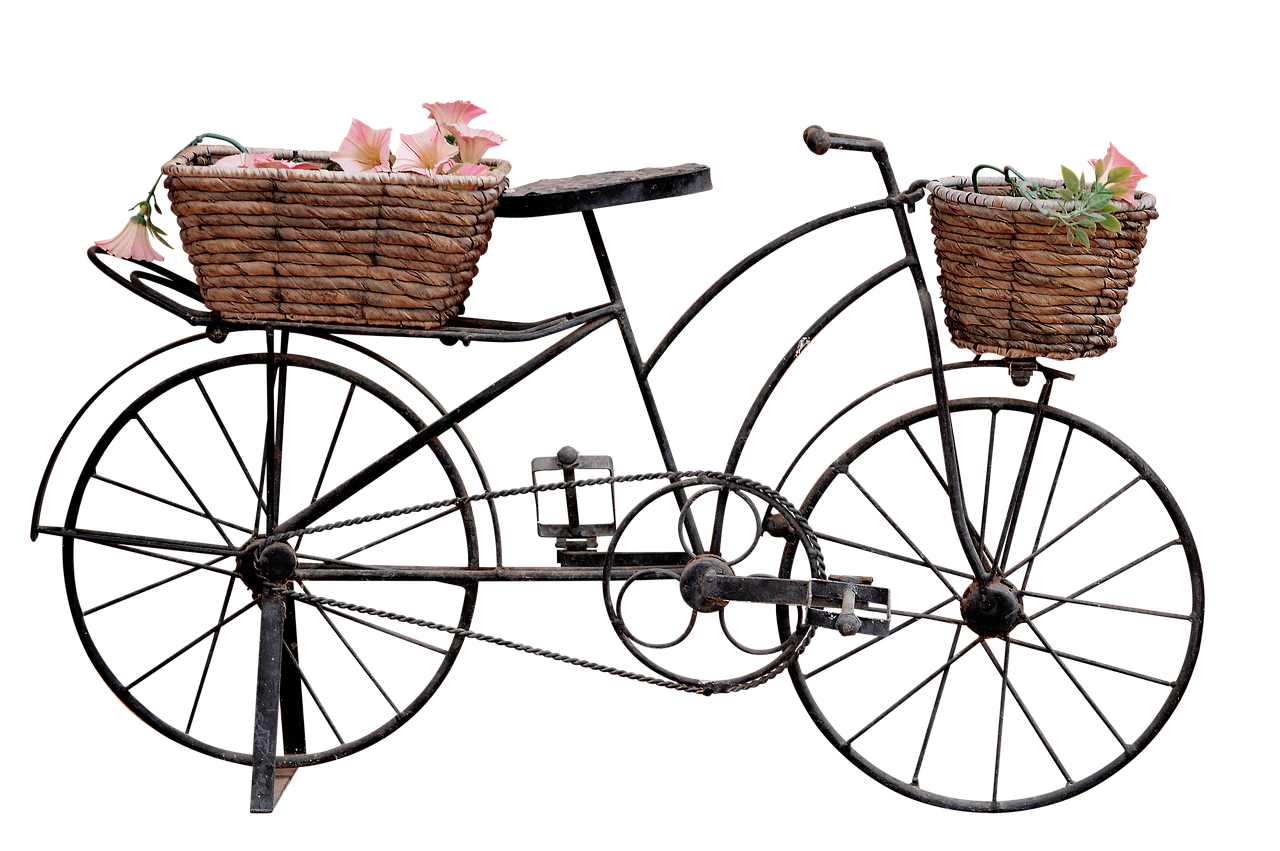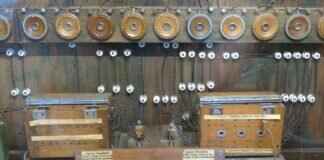This article delves into the optimal times for purchasing an electric bike. By examining seasonal trends, sales events, and market dynamics, we aim to equip you with the knowledge needed to make an informed buying decision.
Understanding Electric Bike Demand Cycles
The demand for electric bikes varies throughout the year. Recognizing these cycles can help you pinpoint when prices are likely to drop and when new models are introduced.
Seasonal Trends in Electric Bike Sales
Sales trends often fluctuate with the seasons. The spring and summer months generally witness a surge in sales, while the fall and winter months may present opportunities for discounts as retailers aim to clear out inventory.
- Spring Surge: Why It’s Popular
Spring heralds the start of biking season, prompting increased demand for electric bikes. Retailers frequently offer promotions to attract early buyers.
- New Models and Technologies
Manufacturers tend to launch new models in spring, impacting the pricing of previous models. This season presents a fantastic opportunity to snag deals on last year’s bikes.
- Promotional Events
Many retailers host special events in spring, providing chances for discounts and exclusive offers to entice customers.
Summer Sales: Pros and Cons
While summer can be a bustling period for bike sales, it may also lead to higher prices due to demand. However, as fall approaches, clearance sales might begin, creating potential savings.
Fall Discounts and Clearance Sales
Fall is often regarded as one of the best times to purchase an electric bike, thanks to clearance sales as retailers prepare for winter inventory. Discounts can be substantial during this period.
- End-of-Season Sales
As the biking season concludes, retailers frequently offer significant markdowns on electric bikes to clear their stock. This is an excellent opportunity for budget-conscious buyers.
- Considerations for Buying in Fall
While prices may be lower, it’s essential to consider model availability, as stock may dwindle as the season progresses.
Winter Buying Strategies
Although winter might not seem like the ideal time to purchase an electric bike, savvy shoppers can uncover fantastic deals during holiday sales and online promotions.
- Holiday Sales Events
Numerous retailers provide holiday discounts, making winter a strategic time to buy an electric bike at a lower price.
- Online vs. In-Store Purchases
Consider the benefits of shopping online during winter, where exclusive deals and a broader selection may be available compared to physical stores.
Factors Influencing Electric Bike Prices
Various elements can impact electric bike pricing, including market trends, technological advancements, and consumer demand. Understanding these factors can assist you in timing your purchase effectively.
Conclusion: Timing Your Purchase Wisely
Ultimately, the best time to buy an electric bike hinges on your personal needs and prevailing market conditions. By considering seasonal trends and sales events, you can maximize your investment.

Understanding Electric Bike Demand Cycles
The demand for electric bikes experiences notable fluctuations throughout the year, influenced by various factors such as seasonality, consumer behavior, and market trends. Recognizing these cycles can be invaluable for potential buyers, allowing them to make informed decisions about when to purchase their electric bike.
During the spring months, the demand for electric bikes typically surges. As the weather warms up and outdoor activities become more appealing, many consumers begin to consider biking as a viable mode of transportation and recreation. Retailers often capitalize on this increased interest by offering promotions and discounts to attract early buyers. This season is also marked by the release of new models, which can lead to price reductions on previous year’s inventory, making it a prime time for savvy shoppers.
As we transition into summer, the demand remains high, but prices can also peak due to the influx of buyers. However, as the season progresses and retailers prepare for the fall, you may start to see clearance sales and discounts, especially on older models. This can present a great opportunity for those looking to save while still securing a quality electric bike.
When fall arrives, it often brings significant discounts as retailers seek to clear out inventory in preparation for winter. This period is generally considered one of the best times to buy an electric bike. End-of-season sales can lead to substantial savings, making it an attractive option for budget-conscious consumers. However, it’s important to keep in mind that availability may be limited as popular models sell out.
Lastly, while winter may not seem like the ideal time to purchase an electric bike, it can actually offer unique advantages. Many retailers provide holiday discounts and online sales, which can lead to excellent deals. Additionally, online shopping during this season often provides a broader selection than physical stores, allowing consumers to find the perfect bike at a competitive price.
In conclusion, understanding the demand cycles for electric bikes can significantly enhance your purchasing strategy. By being aware of seasonal trends, promotional events, and market dynamics, you can determine the optimal time to buy and maximize your investment.

Seasonal Trends in Electric Bike Sales
Understanding the seasonal trends in electric bike sales is crucial for making an informed purchase. Sales trends often vary by season, influenced by factors such as demand, inventory clearance, and promotional events. By recognizing these patterns, you can strategically time your purchase to maximize savings and selection.
Spring and Summer: The Peak Sales Seasons
During spring and summer, there is typically a noticeable increase in the demand for electric bikes. As the weather warms up, more people are inclined to embrace outdoor activities, including biking. Retailers often respond to this surge in interest by launching promotional campaigns and offering discounts to attract early buyers.
- New Model Releases: Many manufacturers unveil their latest models in spring, which can lead to price reductions on older models. This is an excellent opportunity for buyers looking for quality bikes at lower prices.
- Promotional Events: Spring often features various promotional events, including bike expos and local sales, where discounts and special offers are prevalent.
Fall: The Best Time for Discounts
As the biking season winds down in fall, retailers begin to clear out their inventory to make room for winter stock. This period is often characterized by significant discounts, making it one of the best times to purchase an electric bike.
- End-of-Season Sales: Many retailers offer substantial markdowns during this time, allowing budget-conscious buyers to find great deals.
- Limited Stock Considerations: While prices may be lower, shoppers should be aware of potential limitations in model availability as the season progresses.
Winter: Finding Deals Amidst the Cold
Though winter may not seem like the ideal time to buy an electric bike, savvy shoppers can uncover excellent deals during holiday sales and online promotions. Many retailers offer discounts during this season, making it a strategic time for purchasing.
- Holiday Sales: Major holidays often come with significant discounts, providing opportunities to purchase an electric bike at a reduced price.
- Online Shopping Advantages: Shopping online during winter can reveal exclusive deals and a wider selection compared to physical stores.
Conclusion
In conclusion, the best time to buy an electric bike largely depends on understanding the seasonal trends and sales events. By being aware of these patterns, you can make a well-timed purchase that meets your needs and budget.
Spring Surge: Why It’s Popular
Spring is a season that brings renewed energy and enthusiasm, especially for biking enthusiasts. As the weather warms up and the days grow longer, the biking season officially kicks off, leading to a noticeable surge in demand for electric bikes. This increase in interest is not just a trend; it’s a phenomenon that retailers and manufacturers closely monitor.
During spring, many consumers are eager to embrace outdoor activities after months of winter hibernation. This eagerness translates into a higher demand for electric bikes, as they offer a convenient and eco-friendly mode of transportation. Retailers recognize this trend and often respond with promotional offers designed to attract early buyers. These promotions can range from discounts to bundled accessories, making it an appealing time to invest in an electric bike.
Additionally, spring is a prime time for manufacturers to unveil their latest models and technologies. With new releases hitting the market, consumers have the opportunity to explore the latest features and advancements in electric biking. This influx of new models can also influence pricing on older models, providing savvy shoppers with excellent deals on bikes that are still high in quality but may be discounted to make way for new inventory.
Furthermore, many bike retailers host special events during the spring season, such as bike fairs and demo days, where potential buyers can test ride various models. These events not only create excitement but also provide valuable insights into the latest trends and technologies in the electric bike market.
In conclusion, spring is a strategic time for purchasing an electric bike. With increased demand, promotional events, and the introduction of new models, consumers can take advantage of various opportunities to find the perfect electric bike that meets their needs. Whether you’re a seasoned cyclist or a newcomer to biking, spring offers the ideal conditions to make your purchase.
New Models and Technologies
in the electric bike industry are constantly evolving, reflecting advancements in design, battery efficiency, and user experience. As manufacturers strive to meet the growing demand for sustainable transportation, the release of new models typically occurs in the spring, marking a pivotal time for both consumers and retailers.
During this season, many brands unveil their latest innovations, which often leads to a shift in pricing for previous models. This dynamic creates a unique opportunity for buyers looking to acquire last year’s bikes at discounted rates. As retailers clear out older stock to make room for fresh designs, savvy shoppers can take advantage of significant price reductions.
In addition to the introduction of new models, advancements in technology play a crucial role in shaping consumer choices. For instance, improvements in battery life and charging speed are increasingly important to electric bike enthusiasts. Features such as integrated GPS, enhanced safety systems, and smart connectivity options are becoming standard in newer models, making them more appealing to potential buyers.
Furthermore, environmental considerations are driving innovations in electric bike design. Manufacturers are now focusing on using sustainable materials and energy-efficient production processes, which not only benefits the planet but also attracts eco-conscious consumers.
As the biking season approaches, it’s essential for buyers to stay informed about the latest trends and technologies. By doing so, they can make informed decisions that align with their needs and preferences. Whether you are a seasoned cyclist or a newcomer to the electric bike world, understanding the landscape of new models and technologies will enhance your purchasing experience.
In conclusion, the spring season is a critical time for electric bike enthusiasts. With the release of new models and the subsequent discounts on older versions, it’s an ideal moment to explore the market. Keep an eye out for promotions and special events that retailers may offer during this time, ensuring you get the best deal possible on your next electric bike purchase.
Promotional Events
play a crucial role in the retail landscape, especially during the vibrant spring season. As the weather warms up, many retailers seize the opportunity to attract customers with enticing discounts and special offers. These events not only stimulate sales but also create a buzz around new products, including electric bikes.
Spring is a time of renewal and excitement, making it an ideal period for retailers to launch promotional campaigns. During this season, consumers are eager to explore outdoor activities, and biking is a popular choice. Retailers often respond by hosting various promotional events, which can include:
- Seasonal Sales: Many stores offer significant discounts on electric bikes to encourage early purchases.
- Bundle Offers: Retailers may provide bundles that include accessories or maintenance packages with the purchase of an electric bike.
- Trade-In Programs: Some retailers allow customers to trade in their old bikes for credit towards a new electric bike, making the transition more affordable.
- Demo Days: Events where customers can test ride different models, helping them make informed purchasing decisions.
These promotional events not only benefit consumers by providing cost-saving opportunities but also help retailers clear out last year’s inventory to make way for new models. With the release of the latest electric bike technologies, shoppers can find excellent deals on slightly older models that still offer fantastic features.
In addition to discounts, retailers often enhance their promotional events with engaging activities, such as community rides or workshops, which foster a sense of community among biking enthusiasts. This approach not only boosts sales but also strengthens customer loyalty.
In conclusion, spring promotional events represent a golden opportunity for consumers looking to purchase electric bikes. By taking advantage of these offers, customers can enjoy significant savings while embracing a healthier, more eco-friendly mode of transportation.
Summer Sales: Pros and Cons
Summer is a vibrant season filled with outdoor activities, and for many, it signals the perfect time to invest in an electric bike. However, this period comes with its own set of advantages and disadvantages that potential buyers should consider before making a purchase.
Increased Demand and Prices
During the summer months, the demand for electric bikes tends to surge as more people seek to enjoy the outdoors and explore their surroundings. This heightened interest can often lead to higher prices as retailers capitalize on the increased demand. If you’re looking to buy during this peak season, be prepared for potentially inflated prices compared to off-peak times.
Clearance Sales on Older Models
As summer draws to a close, many retailers begin to clear out their inventory to make way for new models. This can lead to significant clearance sales in late summer and early fall, presenting an excellent opportunity for budget-conscious buyers. If you can wait until the end of the season, you may find substantial discounts on last year’s models that are still in great condition.
Promotions and Bundles
Some retailers may offer summer promotions or bundles that include accessories with the purchase of an electric bike. These deals can enhance the overall value of your purchase, making it a more attractive option. Keep an eye out for seasonal discounts or special offers that can sweeten the deal.
Conclusion
In summary, while summer can be a busy time for bike sales leading to higher prices, it also opens the door for clearance sales as fall approaches. Understanding these dynamics can help you make a more informed decision about when to purchase your electric bike. Whether you choose to buy now or wait for discounts later, being aware of the pros and cons will aid in maximizing your investment.

Fall Discounts and Clearance Sales
As the vibrant colors of autumn begin to emerge, many consumers may not realize that fall is one of the best times to purchase an electric bike. Retailers often prepare for winter inventory by holding clearance sales, providing significant opportunities for savvy shoppers.
During this season, electric bike prices can drop dramatically as stores aim to clear out existing stock to make room for new models. This is particularly advantageous for budget-conscious buyers looking for quality bikes at lower prices. The discounts during this period can be substantial, often ranging from 20% to 50% off the regular retail price.
Furthermore, as demand for electric bikes typically decreases in the fall, retailers are more inclined to offer promotions to attract buyers. This creates a competitive market where consumers can negotiate better deals. It’s essential to keep an eye out for end-of-season sales and special promotions that may pop up as the biking season winds down.
However, while the prices may be lower, potential buyers should also consider availability. As the season progresses, the selection of models may become limited, especially for popular brands and styles. It’s advisable to do some research beforehand to identify which models you are interested in, ensuring you don’t miss out on your preferred choice.
In conclusion, fall is a prime time for purchasing an electric bike. With clearance sales and significant discounts, it offers an excellent opportunity for those looking to invest in a new bike. Just be mindful of stock levels and choose wisely to make the most of your purchase.
End-of-Season Sales
present a unique opportunity for consumers looking to purchase electric bikes at discounted prices. As the biking season draws to a close, retailers are often eager to clear their inventory to make way for new models. This is particularly true in the fall, when significant markdowns can be found on various electric bike models.
During this period, consumers can take advantage of substantial discounts that can range from 15% to even 50% off the original retail price. Such savings are especially beneficial for budget-conscious buyers who may have been waiting for the right moment to invest in an electric bike.
Retailers typically implement clearance sales as they prepare for winter, which means that shoppers can find excellent deals on last year’s models. It’s important to remember, however, that while prices may be lower, the selection might also be limited. Therefore, potential buyers should act swiftly to secure their desired models.
| Key Considerations for Fall Purchases | Details |
|---|---|
| Discount Range | 15% – 50% off |
| Model Availability | Limited stock as season winds down |
| Best Time to Buy | Late September to November |
In addition to the financial benefits, purchasing an electric bike during the end-of-season sales allows consumers to enjoy the remaining good weather for a few more rides before winter sets in. This can be a rewarding experience, as they get to explore their local trails and parks with their new purchase.
In conclusion, fall clearance sales are an excellent time to buy an electric bike, offering significant savings and an opportunity to enjoy the last rides of the season. By keeping an eye on local retailers and online platforms, buyers can make informed decisions and take full advantage of these seasonal discounts.
Considerations for Buying in Fall
As the biking season transitions into fall, many consumers find themselves contemplating the purchase of an electric bike. While this time of year often presents significant discounts, it is essential to weigh several factors before making a decision.
- Availability of Models: As retailers aim to clear out their inventory to make room for winter stock, the selection of available models may be limited. It’s crucial to check if the model you desire is still in stock or if you might have to settle for alternatives.
- Potential for Limited Stock: With the season winding down, popular models may sell out quickly. If you have your eye on a specific bike, it’s advisable to act swiftly to avoid missing out.
- Warranty and Service Considerations: Purchasing an electric bike in fall may mean that you will have limited service options during the winter months. Ensure that the warranty terms are favorable and that you have access to service centers if needed.
- Weather Conditions: Fall weather can be unpredictable, which may affect your ability to test ride or use your new bike immediately. Consider your local climate when deciding the timing of your purchase.
- Future Model Releases: Manufacturers often release new models in the spring. If you are not in urgent need of a bike, waiting until then could provide you with the latest features and technology.
In summary, while fall offers appealing discounts on electric bikes, it’s vital to consider the availability of models and the potential for limited stock. By being informed and prepared, you can make a purchase that meets your needs and preferences.

Winter Buying Strategies
When it comes to purchasing an electric bike, winter might not be the first season that comes to mind. However, this time of year can actually present unique opportunities for savvy shoppers looking to score great deals. Here’s how to navigate the winter buying landscape effectively.
- Holiday Sales Events: Many retailers offer significant discounts during the holiday season. Events such as Black Friday and Cyber Monday can lead to substantial savings on electric bikes. It’s wise to keep an eye on these sales, as they can provide excellent opportunities to purchase high-quality bikes at lower prices.
- Online Promotions: The internet is a treasure trove of deals during winter. Many online retailers offer exclusive promotions that may not be available in physical stores. This includes free shipping, bundled accessories, and additional discounts for signing up for newsletters.
- End-of-Year Clearance: As the year comes to a close, retailers often look to clear out inventory to make room for new models. This can lead to significant markdowns on last year’s models, making it an ideal time to purchase an electric bike without breaking the bank.
Moreover, winter shopping allows you to take your time researching and comparing different models without the pressure of peak biking season. You can read reviews, watch videos, and gather insights from other buyers to make an informed decision.
In conclusion, while winter may not seem like the most conventional time to buy an electric bike, it offers strategic advantages for those willing to look. By taking advantage of holiday sales, online promotions, and clearance events, you can find excellent deals that make winter shopping worthwhile.
Holiday Sales Events
When it comes to purchasing an electric bike, timing can be everything. One of the most lucrative periods for buyers is during the winter months, particularly around the holiday season. This time of year, many retailers offer significant discounts and promotions, making it an ideal opportunity for savvy shoppers to acquire an electric bike at a reduced price.
During the holiday season, retailers often engage in aggressive marketing strategies to attract customers. This includes offering that feature limited-time discounts on a wide range of electric bikes. Whether you are looking for a commuter bike or a rugged mountain e-bike, you can find various options available at discounted rates.
- Black Friday and Cyber Monday: These shopping holidays are notorious for their steep discounts. Many retailers will slash prices on electric bikes, making it one of the best times to buy.
- End-of-Year Clearance: As the year comes to a close, retailers are eager to clear out inventory to make room for new models. This can result in substantial savings for consumers.
- Special Promotions: Some retailers may offer additional incentives, such as free accessories or extended warranties, during the holiday season.
Additionally, online shopping during this period can provide even more advantages. Many e-commerce platforms offer exclusive online deals, allowing you to compare prices and features conveniently from home. This can save you both time and money while ensuring you get the best possible deal on your electric bike.
In conclusion, the holiday season presents a unique opportunity for consumers to purchase electric bikes at discounted prices. By taking advantage of holiday sales events, you can not only save money but also find the perfect bike that meets your needs. So, mark your calendars and prepare to shop smart this winter!
Online vs. In-Store Purchases
When it comes to shopping for an electric bike during the winter season, one of the most critical decisions is whether to purchase online or in-store. Each option has its own set of advantages, especially during the colder months when shopping habits shift.
- Exclusive Online Deals: Many retailers offer exclusive discounts for online shoppers, especially during winter sales events. You might find prices that are significantly lower than those in physical stores.
- Wider Selection: Online platforms typically provide a broader range of models and styles. This is particularly beneficial during winter when local stores may have limited stock due to seasonal changes.
- Convenience: Shopping from the comfort of your home is a significant advantage during winter. You can browse various options without having to brave the cold weather.
- Customer Reviews: Online shopping allows you to read customer reviews and ratings, giving you insights into the performance and reliability of different electric bikes.
- Easy Price Comparisons: With just a few clicks, you can compare prices across multiple websites, ensuring that you get the best deal available.
On the other hand, in-store purchases offer their own unique benefits:
- Hands-On Experience: Visiting a store allows you to test ride the bike, ensuring that it meets your comfort and performance expectations.
- Personalized Assistance: In-store staff can provide expert advice and answer any questions you may have, helping you make an informed decision.
- Immediate Gratification: When you buy in-store, you can take your electric bike home immediately, rather than waiting for shipping.
In conclusion, both online and in-store shopping have their merits during the winter months. By weighing the pros and cons of each option, you can make a well-informed decision that suits your needs and preferences.

Factors Influencing Electric Bike Prices
When considering the purchase of an electric bike, it is essential to understand the various factors that can influence pricing. These factors not only help you gauge the right time to buy but also provide insights into the overall market dynamics.
- Market Trends: The electric bike market is continually evolving, with trends influenced by consumer preferences and technological advancements. For instance, the rise in eco-consciousness among consumers has led to increased demand for electric bikes, potentially driving up prices.
- Technological Advancements: As manufacturers innovate and introduce new technologies, older models may see price reductions. Keeping an eye on the latest features can help you identify when to purchase a bike that meets your needs without overspending.
- Consumer Demand: Seasonal demand plays a crucial role in pricing. During peak biking seasons, prices may rise due to higher demand. Conversely, during off-peak seasons, retailers may offer discounts to clear inventory.
- Promotional Offers: Major sales events, such as Black Friday or end-of-season sales, can significantly affect pricing. Retailers often provide substantial discounts during these times, making it a strategic moment to purchase an electric bike.
- Brand Reputation: Well-established brands may charge a premium for their products due to perceived quality and reliability. However, emerging brands may offer competitive pricing to gain market share.
By understanding these factors, you can better navigate the electric bike market and make an informed purchase. Timing your investment wisely can lead to significant savings, ensuring you get the best value for your money.
Conclusion: Ultimately, being aware of market trends, technological advancements, and consumer demand can empower you to make a well-timed purchase. Keep these factors in mind as you shop for your electric bike, and you may find yourself riding away with a great deal!

Conclusion: Timing Your Purchase Wisely
When it comes to purchasing an electric bike, the timing can significantly impact your overall investment. Understanding the various factors that influence pricing and market dynamics is crucial for making an informed decision. Here are some key considerations to keep in mind:
- Personal Needs: Assess your specific requirements, such as commuting distance, terrain, and intended use. This will help you determine not only when to buy but also what type of electric bike suits you best.
- Market Conditions: Electric bike prices can fluctuate based on supply and demand. Keeping an eye on market trends can help you identify optimal buying windows.
- Seasonal Trends: As mentioned earlier, spring and summer often see a spike in demand, leading to higher prices. Conversely, fall and winter may present opportunities for discounts as retailers clear out inventory.
- Sales Events: Major sales events, such as Black Friday or end-of-season sales, can provide significant savings. Mark your calendar for these occasions to ensure you don’t miss out on great deals.
Ultimately, the best time to buy an electric bike depends on a combination of your personal preferences and market conditions. By staying informed about seasonal trends and sales events, you can maximize your investment and find the perfect electric bike that meets your needs.
In conclusion, timing your purchase wisely can lead to substantial savings and a more satisfying buying experience. Whether you choose to buy during the peak season or wait for end-of-year discounts, being strategic about your timing will pay off in the long run.
Frequently Asked Questions
- When is the best time to buy an electric bike?
The best time to buy an electric bike is typically in the fall during clearance sales, or in the spring when new models are released and retailers offer promotions. Timing your purchase can lead to significant savings!
- Are there discounts during winter?
Absolutely! Winter can be a great time to score deals, especially during holiday sales and online promotions. Many retailers offer discounts to attract buyers during the off-season.
- How do seasonal trends affect electric bike prices?
Seasonal trends play a big role in pricing. Spring and summer usually see higher demand and prices, while fall and winter often bring discounts as retailers clear out inventory.
- What should I consider when buying in the fall?
While prices are often lower in the fall, keep an eye on stock availability. As the season winds down, popular models may sell out quickly, so act fast if you find a bike you love!
- Are online purchases better than in-store during winter?
Yes, shopping online during winter can offer exclusive deals and a wider selection compared to physical stores. Plus, you can easily compare prices from the comfort of your home!














